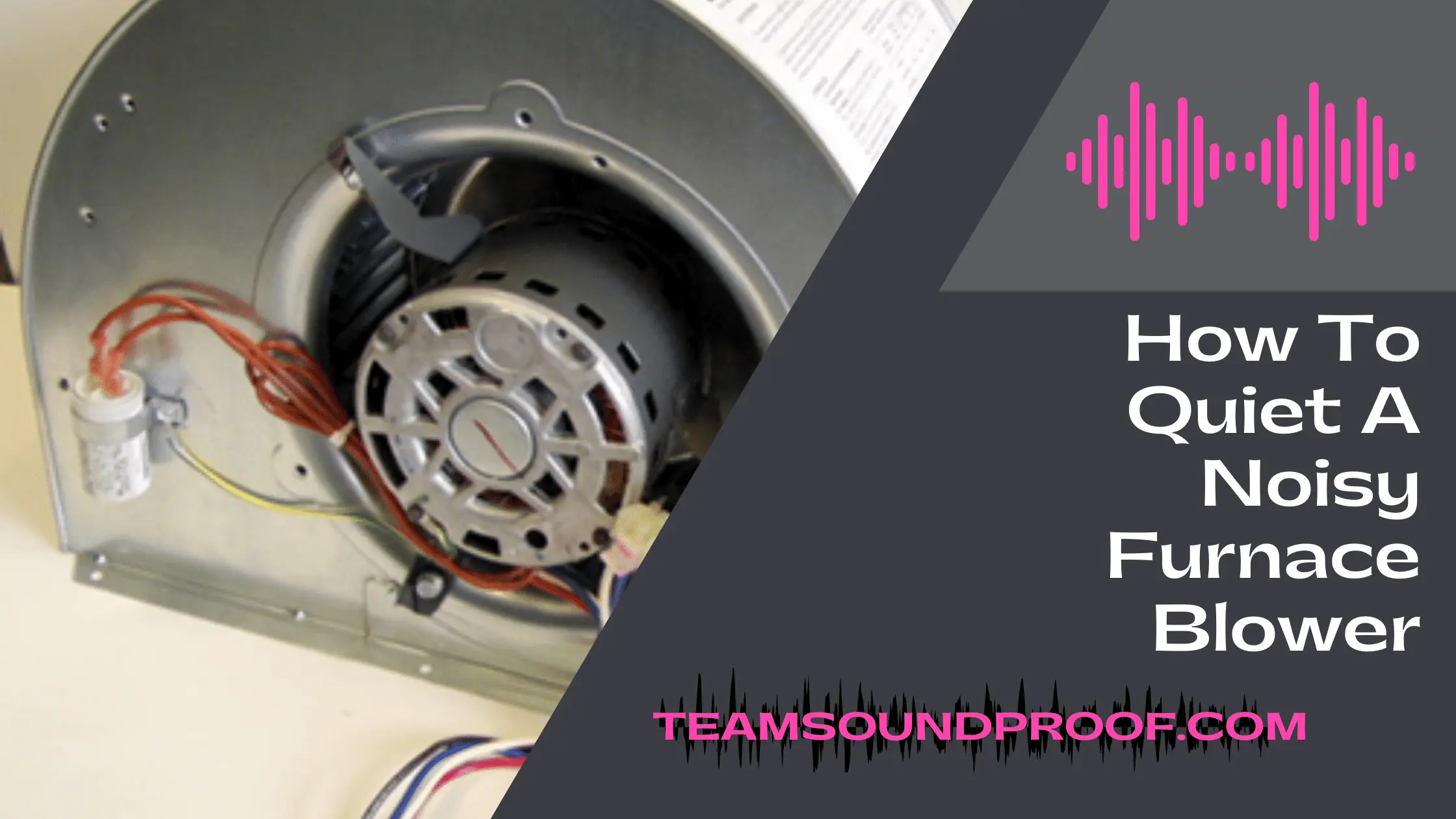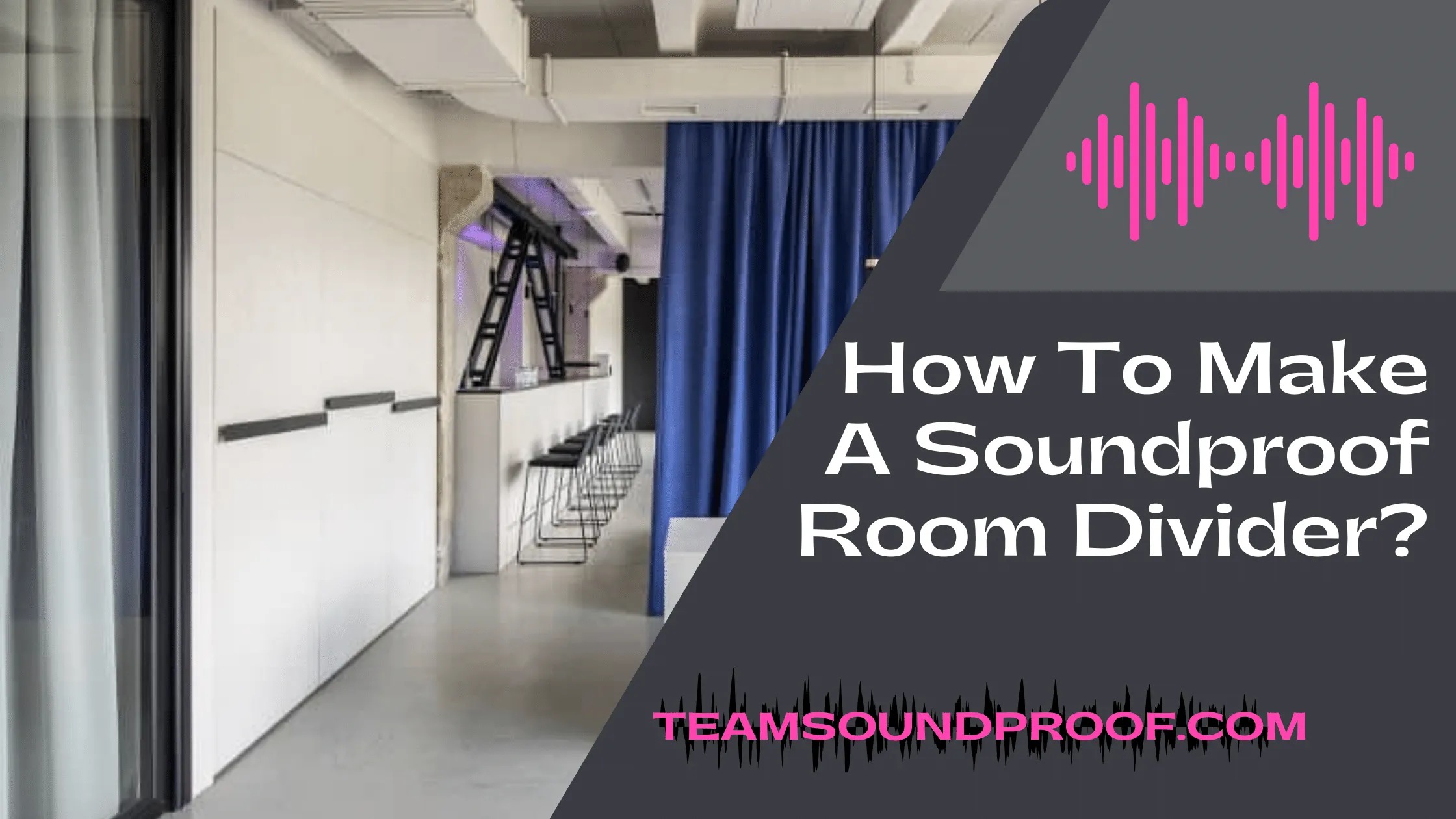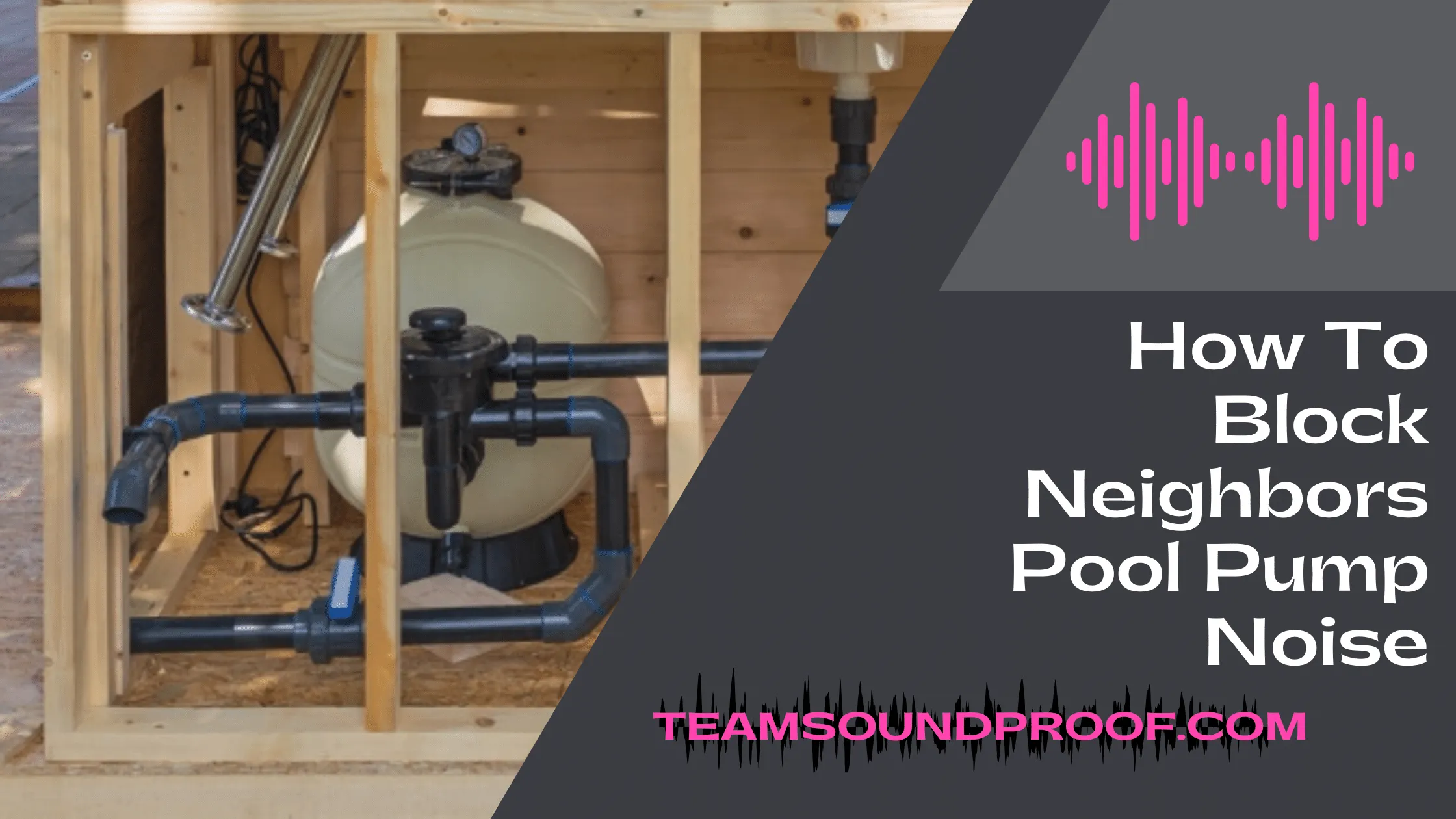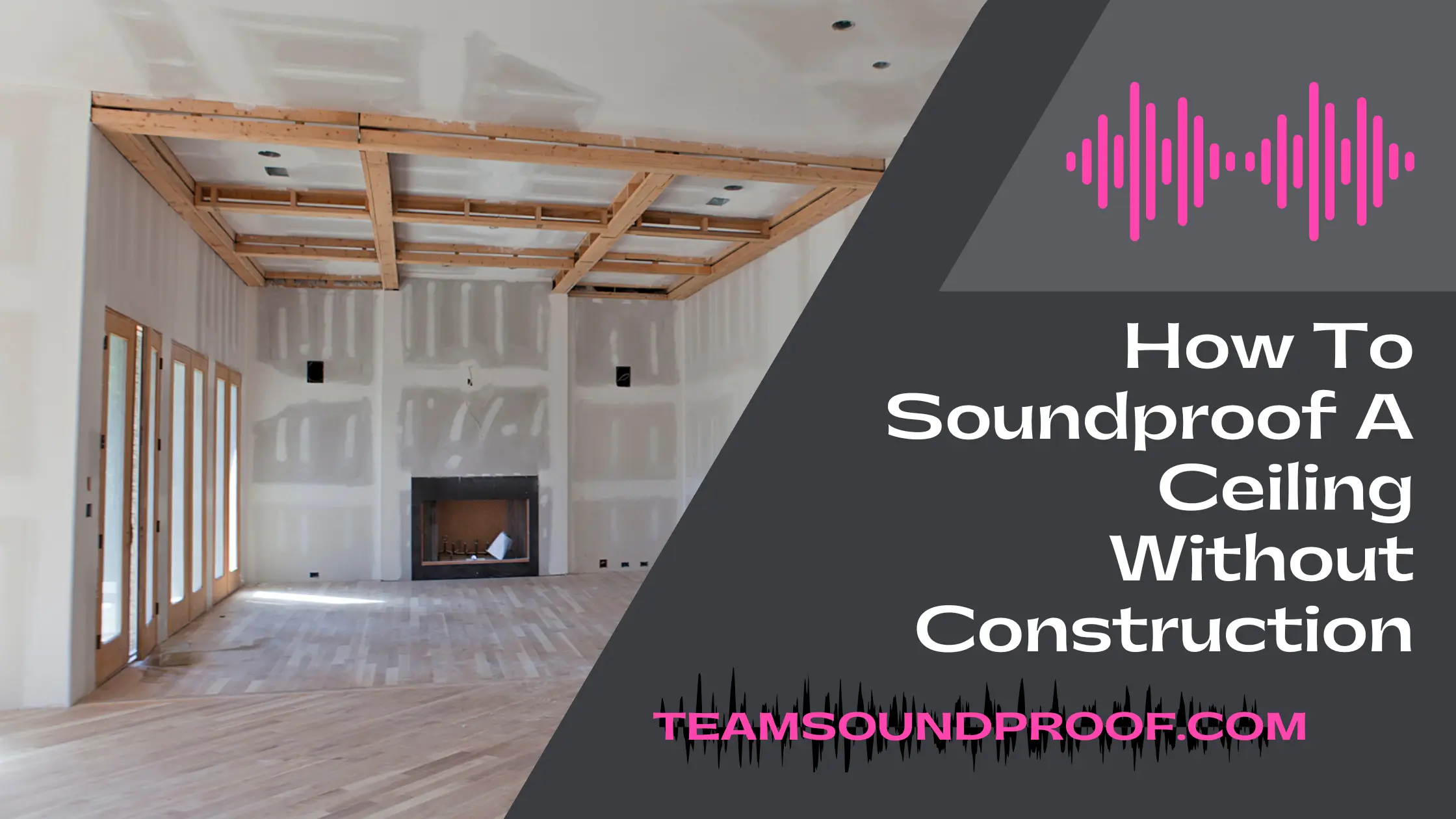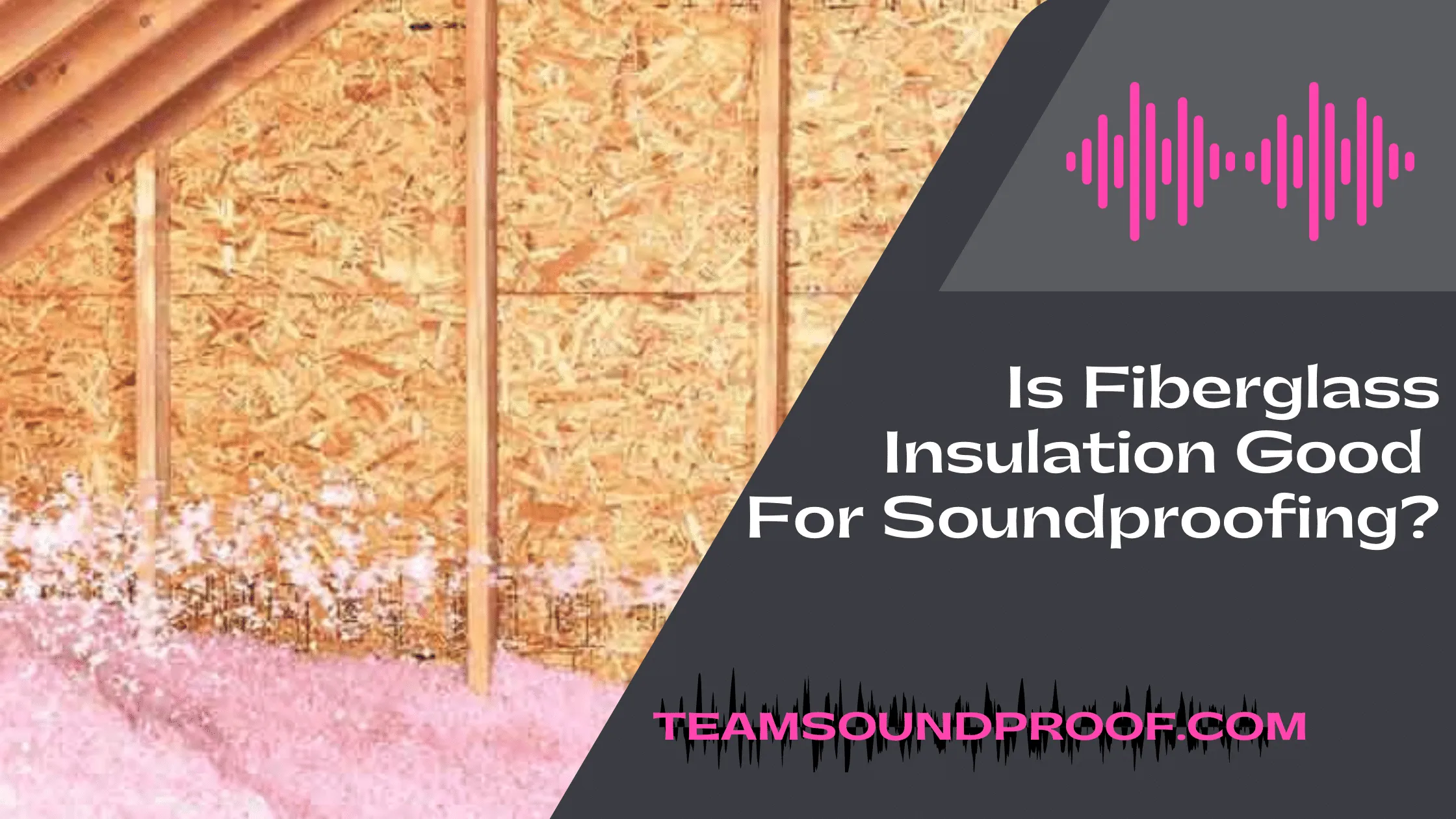Do you ever get so frustrated with hearing your neighbors talking through the walls that you just want to scream? It’s not only annoying, it can be downright frustrating. If you’re looking for ways to soundproof your home and finally get some peace and quiet, read on. We’ll walk you through the best methods for doing so.
How To Stop?
The first step to soundproofing your home is identifying where the noise is coming from. If you live in an apartment, chances are the noise is coming through the walls. If you live in a house, it might be coming through doors or windows. Once you know where the noise is coming from, you can start to tackle the problem.
There are a few different ways to soundproof your home, and which one you choose will depend on how much money you’re willing to spend and how much work you’re willing to do. The simplest way to soundproof your home is to use rugs or carpets. These will help to absorb some of the sound and make it less noticeable. You can also buy special mats that go under your rug to help with soundproofing.
If you’re looking for something a little more permanent, you can try adding insulation to your walls. This will help to block out some of the noise and make your home quieter overall. You can also add weatherstripping to your doors and windows to help keep the noise out.
Finally, if you’re really serious about soundproofing your home, you can always hire a professional. They will be able to assess the situation and give you specific advice on how to soundproof your home. This is usually the most expensive option, but it’s also the most effective. If you follow their advice, you should be able to significantly reduce the amount of noise coming into your home.
Step By Step Guide On How To Soundproof Your Home:
Now that you know a little bit more about soundproofing, let’s walk through the process of actually doing it. Here are a few tips to help you get started:
Understand The Basics Of Soundproofing:
As we mentioned above, the first step to soundproofing your home is understanding how sound travels. Once you know that, you can start to figure out which materials will be best for blocking it out.
In general, sound waves travel through the air and are then reflected off of solid surfaces. That’s why carpeting and rugs are so effective at soundproofing; they help to absorb the sound waves.
Another thing to keep in mind is that certain materials are better at blocking out high frequencies than others. For example, thicker materials like concrete are better at blocking out low frequencies, while thinner materials like drywall are better at blocking out high frequencies.
Identify Which Walls Are Causing The Noise Issue:
The next step is to identify which walls are causing the noise problem. This will help you determine where to focus your soundproofing efforts.
If you live in an apartment, chances are the noise is coming through the walls that connect your unit to your neighbor’s. If you live in a house, it might be coming through doors or windows. Once you know where the noise is coming from, you can start to tackle the problem.
If you’re not sure where the noise is coming from, a good way to figure it out is to go outside and listen for it. Pay attention to which direction the noise is coming from and whether or not it gets louder or softer as you move closer to or further away from the source.
Once you’ve identified the source of the noise, the next step is to
Address The Problem Areas With Insulation, Soundproofing Materials, And/or Noise-cancelling Devices:
The next step is to start soundproofing the problem areas. This will typically involve adding insulation, using soundproofing materials, and/or installing noise-cancelling devices.
Insulation is a great way to reduce noise because it helps to absorb sound waves. There are a variety of different types of insulation, so you’ll need to choose the right one for your needs.
Soundproofing materials are another great option for reducing noise. These materials help to block out sound waves, making it harder for them to travel through walls and doors.
Finally, noise-cancelling devices can also be helpful in reducing noise. These devices emit sound waves that cancel out incoming noise, making it harder for the noise to reach your ears.
Follow Through With Regular Maintenance To Ensure Your Home Remains Soundproofed:
Once you’ve soundproofed your home, it’s important to follow through with regular maintenance. This will help to ensure that your home remains quiet and peaceful.
One of the best ways to keep your home soundproof is to vacuum regularly. Vacuuming helps to remove dust and other particles that can absorb sound waves.
You should also avoid making any changes to the soundproofing materials you’ve installed. If you need to make a change, be sure to consult with a professional first.
Finally, it’s also a good idea to keep an eye on the condition of your walls and doors. If you notice any cracks or holes, be sure to seal them up to prevent sound from escaping.
Enjoy peace and quiet in your own space!
4 Best Methods for Soundproofing Your Home
If you’re looking for ways to soundproof your home, there are a few methods you can try. Some are more effective than others, and some may be more suitable for your situation than others. Here are 4 of the best methods for soundproofing your home:
1 - Insulation:
One of the most effective ways to reduce noise from outside or between rooms is to add insulation. This will help to deaden sound and prevent it from traveling through the walls. You can purchase insulation at most hardware stores.
2- Soundproofing Materials:
Another option is to use soundproofing materials. These are designed specifically to reduce noise and can be placed on walls, floors, ceilings, or doors. They come in a variety of different forms, including mats, panels, and tiles.
3 - Noise-Cancelling Devices:
If you’re looking for a more high-tech solution, you can try using noise-cancelling devices. These work by emitting sound waves that cancel out other noise. There are a variety of different types of noise-cancelling devices available, so you’ll need to find one that’s suitable for your needs.
4 - Regular Maintenance:
Once you’ve soundproofed your home, it’s important to maintain it on a regular basis. This means checking for cracks or holes in the walls and sealing them up. It also means keeping an eye on doors and windows to make sure they’re properly sealed.
Conclusion:
Although we can’t always control the noise levels in our environment, there are some things we can do to help lessen the impact of sound on our daily lives. If you’re looking for ways to soundproof your home, check out these tips! And if you have any other suggestions, be sure to share them in the comments below.

